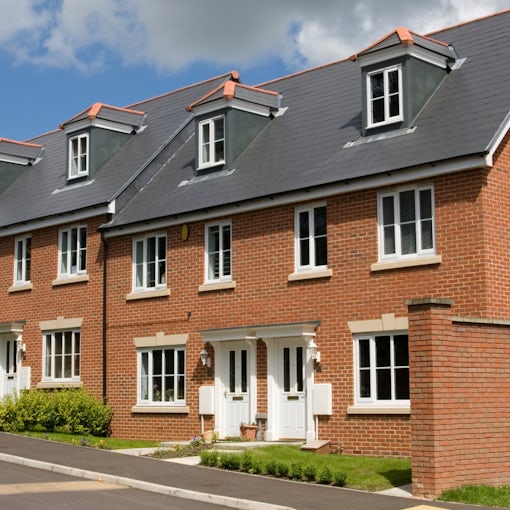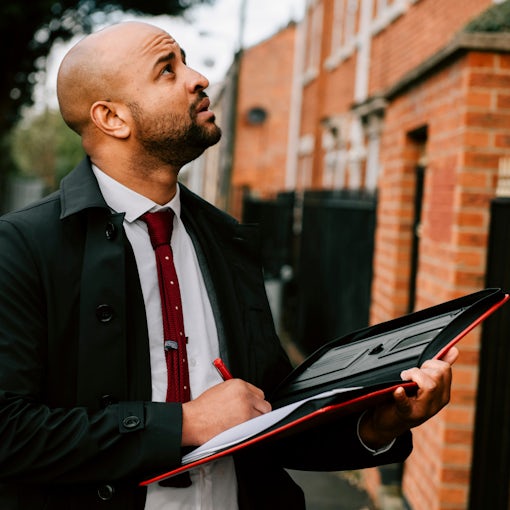It’s not uncommon for a home owner to want to sell their home shortly after buying it. Sometimes situations change and moving house becomes necessary for your job, family or financial situation. Or perhaps you’ve had a change of heart and it’s not the home for you or you’ve recently done it up and want to sell it as part of your portfolio – whatever your reason, we are here to answer the burning question of how soon can you sell a house after buying it?
There is no UK law outlining a minimum time period you must own a home before selling, so technically you can sell it as soon as you like.
Drawbacks
If you sell your home and pay back the mortgage balance, your lender could charge you with hefty early repayment charges (ERC). Banks, Building Societies and online lenders may also refuse to finance the home to the next buyer as they may see the quick turnaround as a risk. However, if you paid in cash and your buyer is paying with cash – you may be able to avoid complications altogether.
Potential buyers may be naturally suspicious if the property reappears on the market shortly after it has been bought. They may wonder if there are issues with the property structurally, the area, neighbours or crime.
You may not necessarily lose money if you choose to sell your home quickly, if you are lucky you may sell it for the same price or for slightly more. Although, this will depend on the market conditions and you will need to cover not only the house price you paid but agent fees and legal fees before you breakeven or make a profit. Generally, depending on the area, you can comfortably make a profit after 2-5 years of buying a property.
The Six-Month Rule
Many mortgages lenders will allow a new loan to be taken out on a property after the house has been registered with the same owner on the Land Registry for six months. In certain circumstances, a lender may overlook the six-month rule if property investment is your business, for example.
Capital Gains Tax
If you are property investor and renovating the home to flip for a profit, you may need to consider Capital Gains Tax. Capital Gains tax is the tax paid on profit from your assets. Tax rates change over time but the current (2022) Capital Gains rates in the UK are:
| Income Bracket | Profits/Capital Gains | Income Tax rate on Profits | Capital Gains Tax rate |
|---|---|---|---|
| Personal Allowance | Up to £12,570 | 0% | 0% |
| Basic rate | £12,571 to £50,270 | 20% | 18% |
| Higher rate | £50,271 to £150,000 | 40% | 28% |
| Additional rate | over £150,000 | 45% | 28% |









